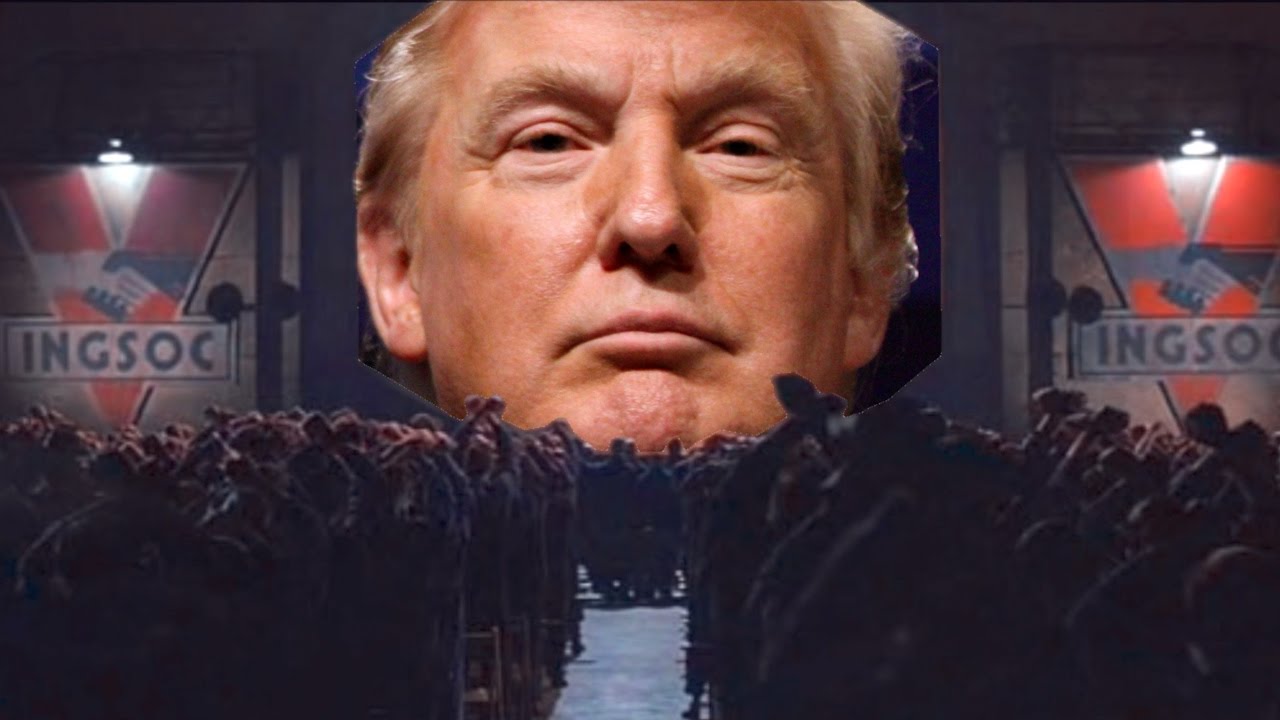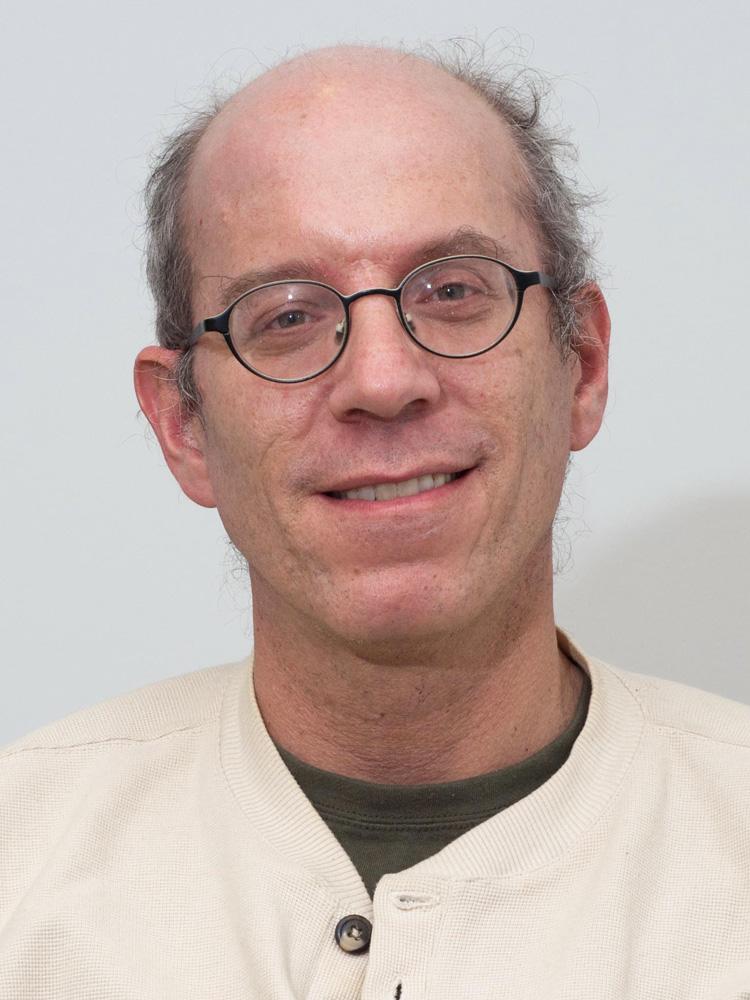Epicenter
The intersection of art and politics
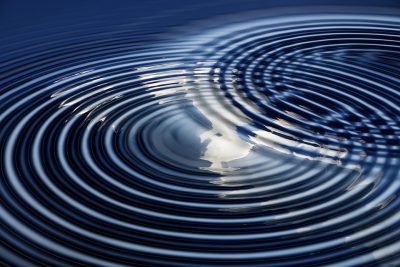 Epicenter is a new initiative of the Institute for Policy Studies to amplify ongoing collaborations between artists and policy professionals in Washington, DC.
Epicenter is a new initiative of the Institute for Policy Studies to amplify ongoing collaborations between artists and policy professionals in Washington, DC.
We will bring artists and policy experts together to create innovative public events, publish written resources on these collaborations, and produce short videos that share the site-specific experiences with a larger national and international audience.
In 2016-17, we will focus on the Middle East, with a special emphasis on Iran.
Like us on Facebook!
Area Calendar and Events
Gallery Al-Quds at the Jerusalem Fund
Upcoming exhibitions include the Hand of Fatima, classical calligraphy by Nawaf Soliman, the works of Egyptian photographer Amr Mounib, and art from the Nakba Museum
Past Events
A Conversation with Mehdi Ghadyanloo
Thursday, October 20 at 6:30pm: Mehdi Ghadyanloo, Iranian muralist, will give an evening talk, along with Andy Shallal of Busboys and Poets, at the Washington campus of New York University (1307 L St., NW).
Beautifying Tehran One Wall at a Time
Thursday, October 20 at 1:30pm: Mehdi Ghadyanloo, Iranian muralist, will join David Furchgott of International Arts and Artists and Barbara Slavin of the Atlantic Council at the Atlantic Council (1030 15th St., NW, 12th floor).
Making Murals in Washington and Tehran
Sunday, October 16 at 11:30am: Epicenter has partnered with the DC Commission on Public Art and Words, Beats & Life to sponsor a roundtable discussion on mural-making in Washington and Tehran at the Creative Time Summit at the Corcoran.
National Museum of Women in the Arts
Current exhibit through July 31: She Who Tells a Story: Women Photographers from the Arab World and Iran
Al-Mutanabbi Street Starts Here
Exhibits, programs, and events commemorating the 2007 bombing of Baghdad’s historic bookselling street, celebrate the free exchange of ideas and knowledge, and stand in solidarity with the people of Iraq. Events will take place beginning in January throughout DC and at George Mason University with a major poetry reading in March at the Smithsonian’s Museum of American Art.
Voices from a Changing Middle East
Theater Festival — January to April 2016 — sponsored by Mosaic Theater Company and including such plays as Wrestling Jerusalem, I Shall Not Hate, The Promised Land, After the War, and Talk to Me
Split This Rock poetry festival
April 14-17, featuring a number of poets from the Middle East including Sholeh Wolpe
Second International Yemeni Film & Arts Festival
Kicks off in Washington, DC with two special preview events on April 1 and 2, followed by three days of film screenings and art exhibitions on April 15, 16, and 17
After the War
Friday, April 8 at 8:00pm: Following the 8:00pm performance, join us for a post-show discussion and talkback featuring Mitchell Plitnick of Foundation for Middle East Peace, moderated by John Feffer of Epicenter.
The Dilemmas of Diaspora
Thursday, February 25 at 9:30pm: A post-show panel discussion after The Promised Land, facilitated by IPS director of Foreign Policy In Focus, John Feffer with Semhar Araia, the executive director of the Diaspora African Women’s Network, and Sudanese American poet Safia Elhillo.
The Challenges for Palestinians in Giving Voice to their Stories
Thursday, February 11 at 9:30pm: A post-show panel discussion facilitated by IPS Director of Foreign Policy In Focus, John Feffer with Peace Cafe activist and Storytelling Initiative with young Palestinian-Americans, Jamal Najjab.
Thursday, January 14 at 8:00pm: Panel discussion after Wrestling Jerusalem, Mosaic Theater. With John Feffer (facilitator), Zeina Azzam (executive director of the Jerusalem Fund) and Lara Friedman (director of policy and government relations at Americans for Peace Now)
“To Whom It May Concern”
Haaretz photo exhibit at the Ronald Feldman Fine Arts Gallery in New York from December 12 to January 30
Videos
 | Night Raid in Bil’in Night Raid in Bil’in is an exhibit of photographs by Richard Cahan . Filmed at the Gallery Al-Quds at the Jerusalem Fund in Washington, DC on September 30, 2016 and featuring curator Dagmar Painter and AFSC staffperson Raed Jarrar. |
 | Forbidden Colors Forbidden Colors brings together 30 artists who explore the Israeli ban on the four colors of the Palestinian flag that lasted from 1980 to 1993. Filmed at the Gallery Al-Quds at the Jerusalem Fund in Washington, DC. |
More Videos
 | Sarah Browning, on Al-Mutanabbi Street Starts Here Sarah Browning, executive director of Split This Rock, describes the Al-Mutanabbi Street Starts Here project. |
 | Sarah Browning, reading her poem from Al-Mutanabbi Street Starts Here Sarah Browning, executive director of Split This Rock, reads her poem from the anthology, Al-Mutanabbi Street Starts Here. |
 | Fady Joudah, on Al-Mutanabbi Street Starts Here Poet Fady Joudah talks about al-Mutanabbi the poet, al-Mutanabbi the street, and al-Mutanabbi the project. |
 | Dagmar Painter on the hand of Fatima Dagmar Painter, the curator of the Gallary Al-Quds at the Jerusalam Fund in Washington, DC, discusses an exhibit on the hand of Fatima. |
 | Hand of Fatima exhibit Dagmar Painter, the curator of the Gallary Al-Quds at the Jerusalam Fund in Washington, DC, gives a short tour of an exhibit on the hand of Fatima. |
 | Safia Elhillo on poetry, Sudan, and Al-Mutanabbi Street Starts Here Safia Elhillo is a Sudanese American poet and spoken word artist. She recently received the 2016 Sillerman First Book Prize for African Poets for her work Asmarani. |
 | Safia Elhillo reads “Second Quarantine with Abdelhalim Hafez” Safia Elhillo reads her poem “Second Quarantine with Abdelhalim Hafez” from her book Asmarani. |
 | Hala Alyan on her poetry and Al-Mutanabbi Street Starts Here Palestinian American poet Hala Alyan talks about her poetry, her day job as a clinical psychologist, and the project, Al-Mutanabbi Street Starts Here. |
 | Hala Alyan reads “Dinner” Palestinian American poet Hala Alyan reads her poem “Dinner.” |
 | Classical Calligraphy by Nawaf Soliman Dagmar Painter, the curator of the Gallary Al-Quds at the Jerusalam Fund in Washington, DC, gives a short tour of an exhibit on classical calligraphy. |
 | Kareem James Abu-Zeid on Al-Mutanabbi and the art of translation Egyptian American translator Kareem James Abu-Zeid talks about the poet Al-Mutanabbi and the art of translation. |
 | Kareem James Abu-Zeid reads “Nothing Left to Lose” gyptian American translator Kareem James Abu-Zeid reads the poem “Nothing Left to Lose” by Najwan Darwish. |
 | Dunya Mikhail talks about poetry, Al-Mutanabbi Street, and the Islamic State Dunya Mikhail, a poet born in Iraq, talks about her poetry, Al-Mutanabbi Street, and the impact of the Islamic State on culture. |
 | Dunya Mikhail reads “A Half-Burned Page on Al-Mutanabbi Street” Dunya Mikhail, a poet born in Iraq, reads her poem “A Half-Burned Page on Al-Mutanabbi Street” in Arabic and English. |
 | Sholeh Wolpe on poetry and Iran Sholeh Wolpe is an Iranian American poet, translator, and playwright. Her books include Keeping Time with Blue Hyacinths and the collection The Forbidden: Poems from Iran and Its Exiles. Her translation of the12th-century mystic poet Attar’s masterpiece, The Conference of the Birds, is forthcoming from W.W. Norton & Co in 2017. |
 | Sholeh Wolpe reads her poem “How Hard Is It to Write a Love Song?” Sholeh Wolpe is an Iranian American poet, translator, and playwright. Her books include Keeping Time with Blue Hyacinths and the collection The Forbidden: Poems from Iran and Its Exiles. Her translation of the12th-century mystic poet Attar’s masterpiece, The Conference of the Birds, is forthcoming from W.W. Norton & Co in 2017. |
 | Michael Rakowitz, The Invisible Enemy Should Not Exist, Part 1 Iraqi American artist Michael Rakowitz talks about his project “The invisible enemy should not exist.” Interview recorded at the George Mason University School of Art on March 2, 2016 as part of the Al-Mutanabbi Street Starts Here events. |
 | Michael Rakowitz, The Invisible Enemy Should Not Exist, Part 2 In the second part of this interview about his project “The invisible enemy should not exist,” Iraqi American artist Michael Rakowitz discusses Donny George Youkhanna, the archaeologist and former director of the Iraq national museum. Recorded at the George Mason University School of Art on March 2, 2016 as part of the Al-Mutanabbi Street Starts Here events. |
 | Michael Rakowitz, The Invisible Enemy Should Not Exist, Part 3 In the third part of this interview about “The invisible enemy should not exist,” Iraqi American artist Michael Rakowitz puts the project in the context of his other work — Enemy Kitchen, ParaSite — and the international trade in artifacts. Recorded at the George Mason University School of Art on March 2, 2016 as part of the Al-Mutanabbi Street Starts Here events. |
 | Amr Mounib and the Flowers of the Arab Spring Egyptian photographer Amr Mounib and curator Dagmar Painter discuss an exhibition of Mounib’s photos of flowers and their connection to the Arab Spring. Filmed at the Gallery Al-Quds at the Jerusalem Fund in Washington, DC on April 12, 2016. |
 | Zeina Hashem Beck on political poetry Zeina Hashem Beck talks about her poetry, what it means to be political, and the Split This Rock poetry festival. |
 | Zeina Hashem Beck: “Ghazal: Back Home” Zeina Hashem Beck reads her poem “Ghazal: Back Home.” |
 | Heartbeat: Israelis and Palestinians Make Music Together Aaron Shneyer describes Heartbeat, which brings together young Israeli and Palestinian musicians. |
 | She Who Tells a Story Kathryn Wat, chief curator at the National Museum of Women in the Arts in Washington, DC, discusses the new exhibition of photography by women from Iran and the Arab world, “She Who Tells a Story” (http://www.nmwa.org/). |
 | Forbidden Colors Forbidden Colors brings together 30 artists who explore the Israeli ban on the four colors of the Palestinian flag that lasted from 1980 to 1993. Filmed at the Gallery Al-Quds at the Jerusalem Fund in Washington, DC. |
 | Night Raid in Bil’in Night Raid in Bil’in is an exhibit of photographs by Richard Cahan . Filmed at the Gallery Al-Quds at the Jerusalem Fund in Washington, DC on September 30, 2016 and featuring curator Dagmar Painter and AFSC staffperson Raed Jarrar. |
Who We Are
John Feffer is the director of Epicenter at the Institute for Policy Studies in Washington, DC. He is also the director of the Institute’s Foreign Policy In Focus project. He is the author of several books, including Splinterlands (Haymarket, forthcoming), the writer and performer of several one-man shows, and a journalist whose work has appeared in The New York Times, The Washington Post, Foreign Policy, The Nation, and other publications. His website is johnfeffer.com
Latest Work
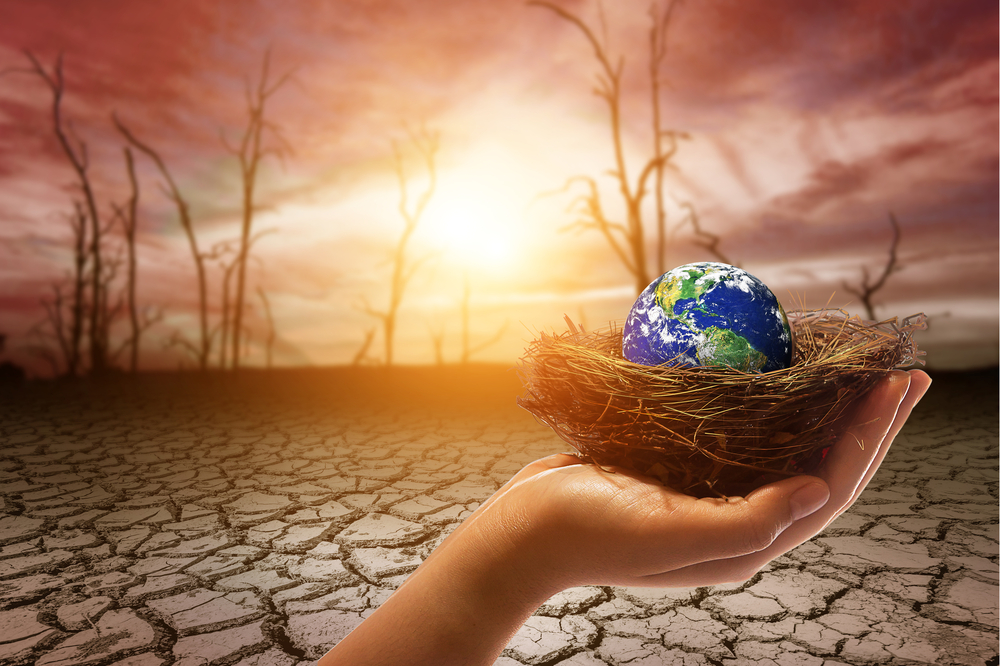
Donald Trump and the Triumph of Anti-Politics
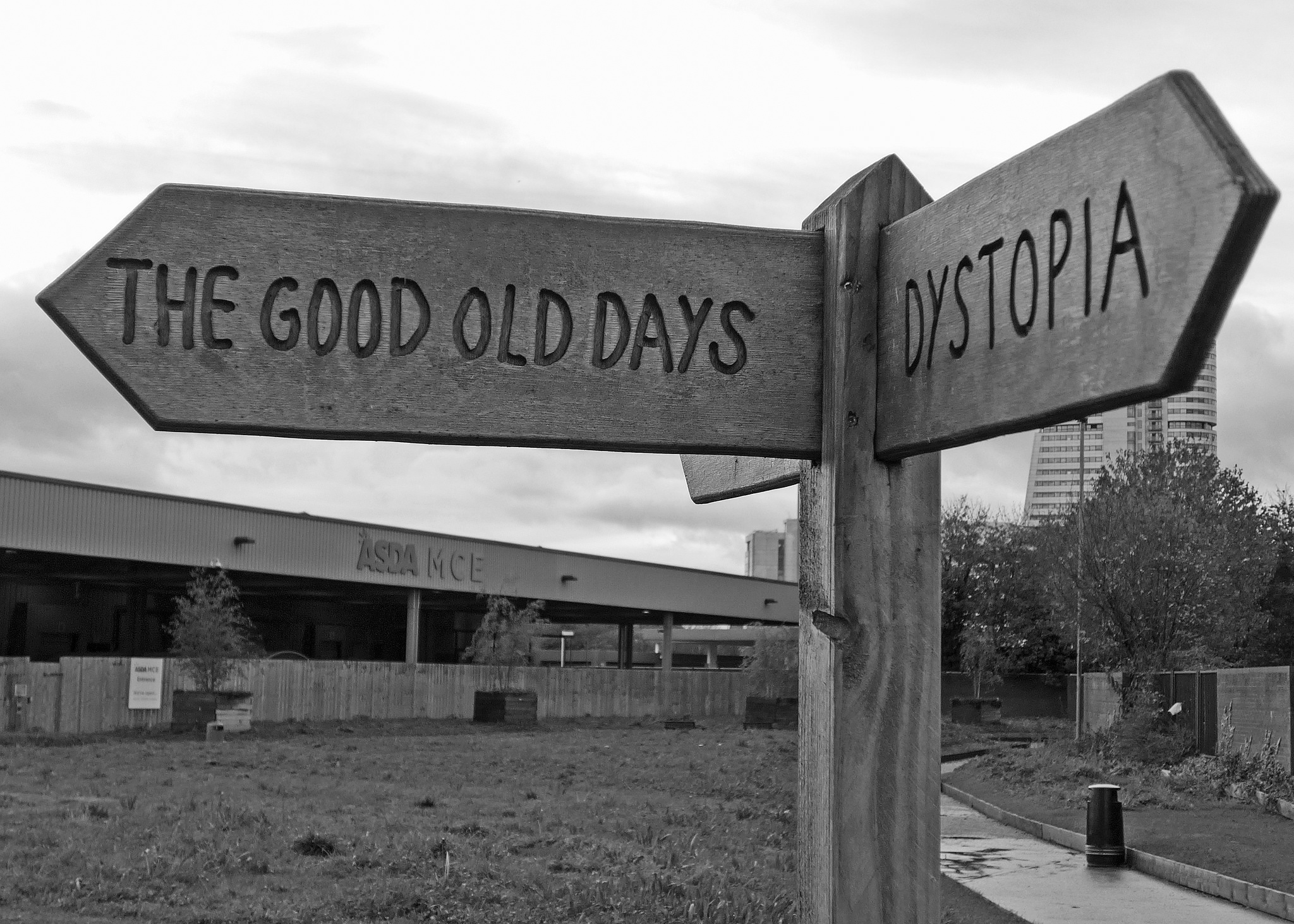
My Novel (Accidentally) Predicted Trump
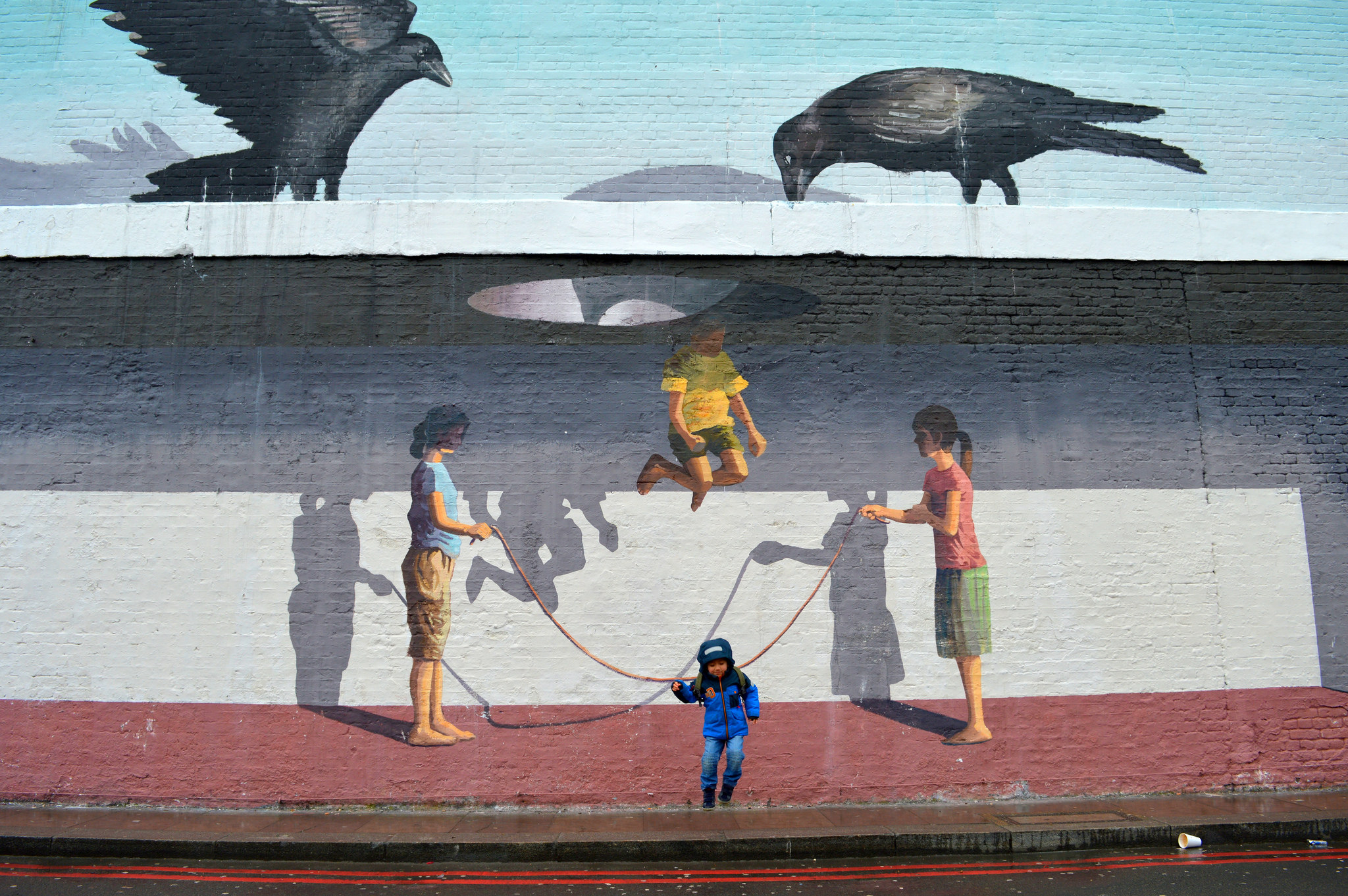
This Artist is Taking a Historic Step Forward in U.S.-Iranian Relations
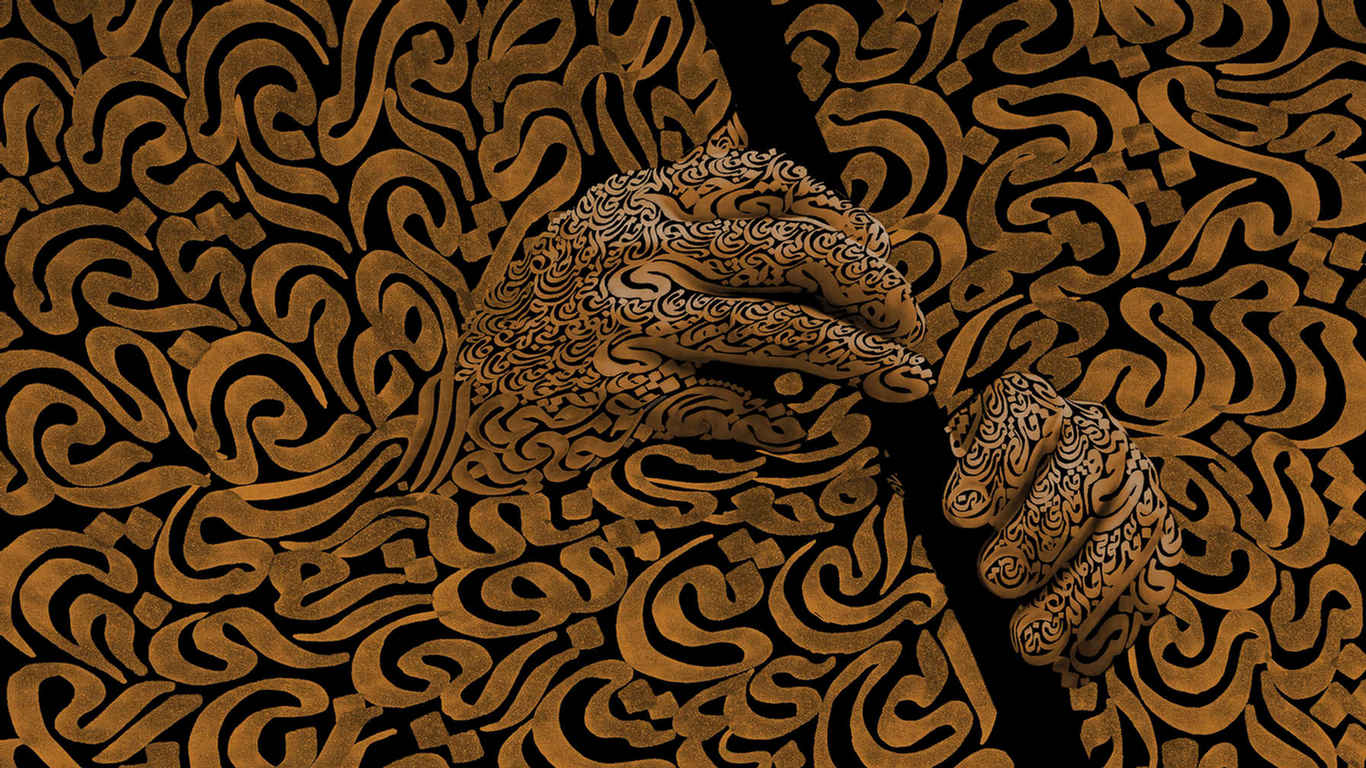
Reinventing the Calligraphic Tradition
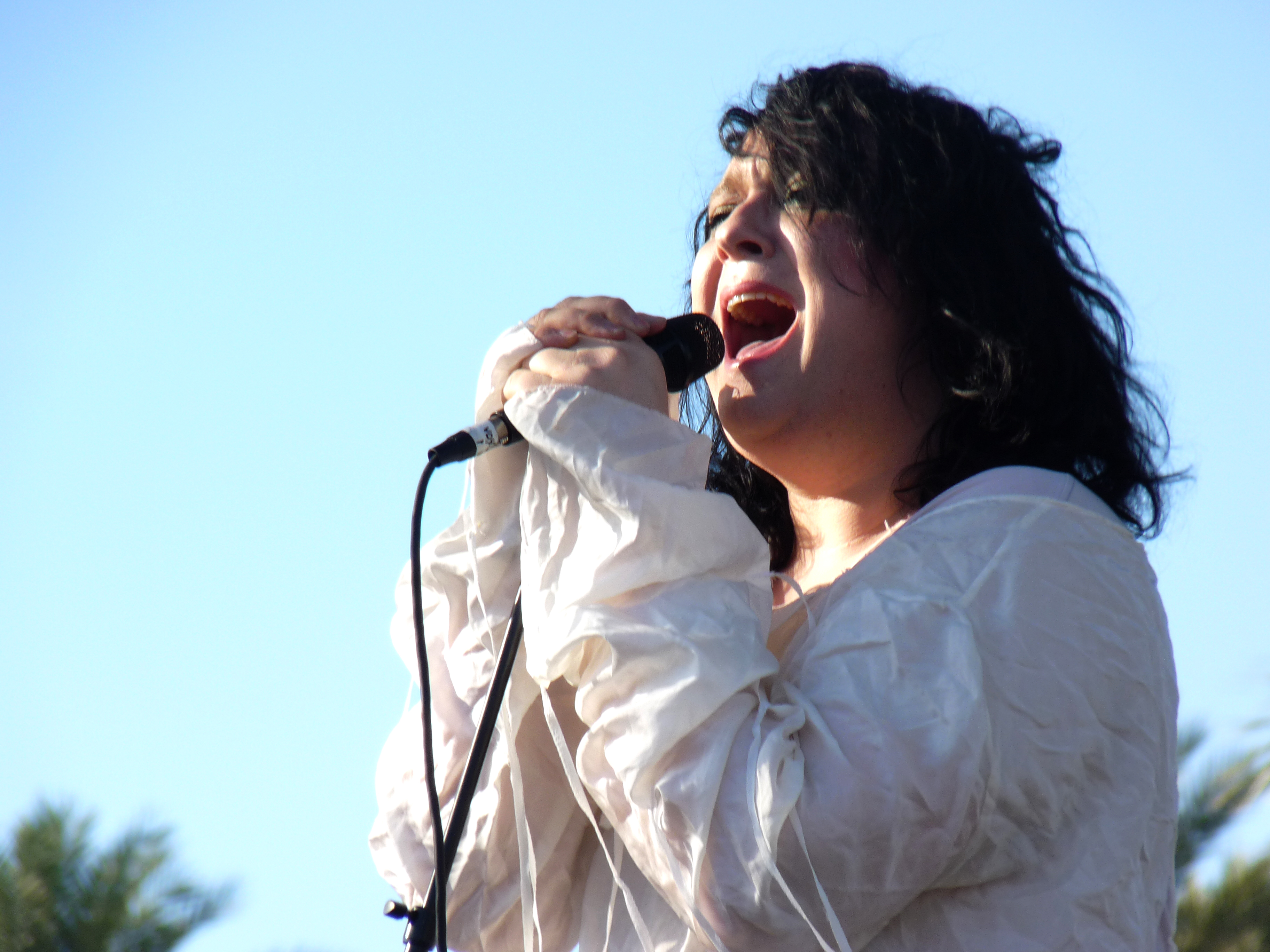
"You Can Dance, But Only If You Join the Revolution"
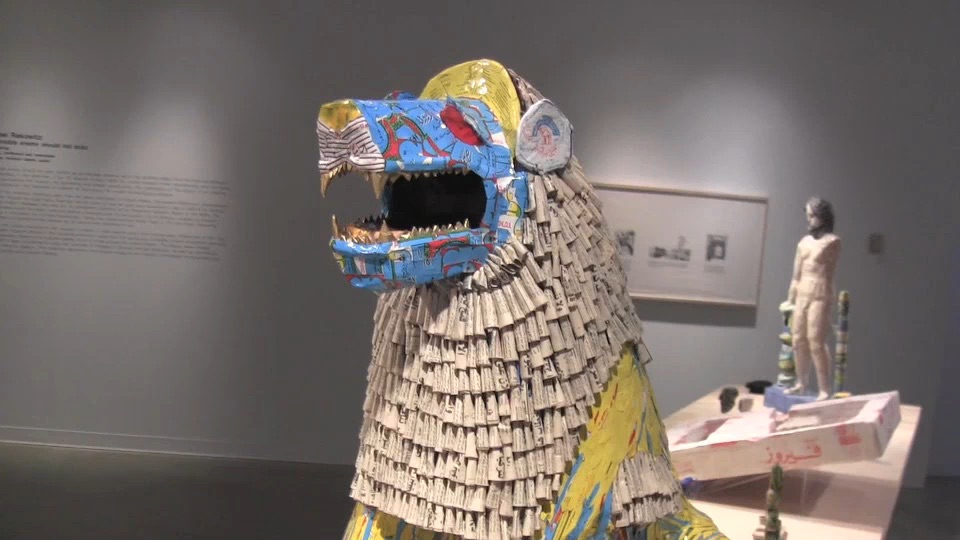
Iraq's Artifacts Have Become Refugees, Too
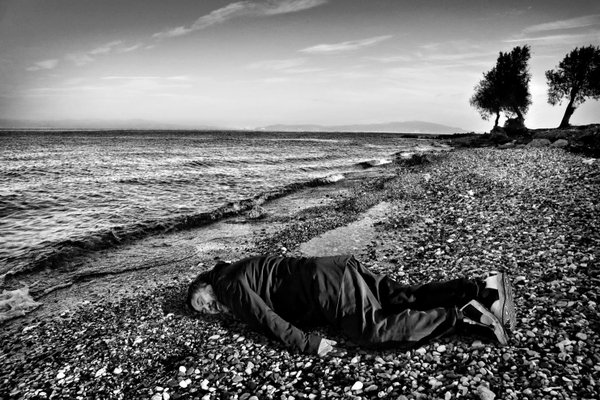
The Art of Dissidence and Diplomacy
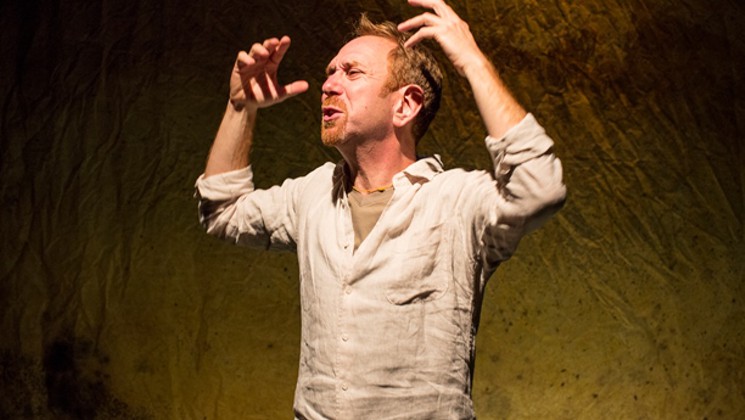
Wrestling with Wrestling Jerusalem
View more >
